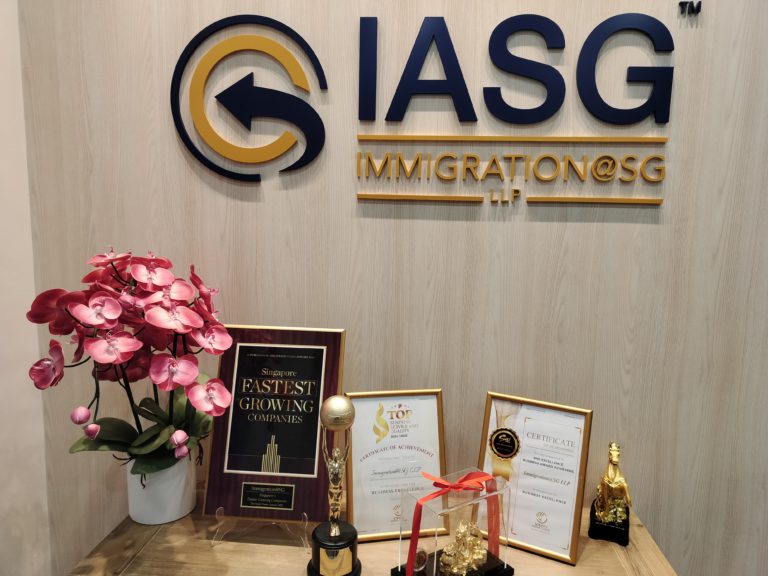From 1 January 2017, applicants applying for the Employment Pass in Singapore under the Ministry of Manpower will have to adhere to new Employment Pass application criteria. The move meted out by the ministry takes into heavy consideration the economic and manpower needs of the nation as a whole.
Singapore’s New Employment Pass Application Criteria
With a focus on growth and developing the nation as a key player not only in ASEAN, but also the rest of Asia, it is imperative in ensuring the job market and salaries remain competitive, while retaining the right talent.
Below are 3 things that prospective employers and employees should know.
Minimum Wage Increment From $3,300 to $3,600
The new Employment Pass application criteria covers more than just salary changes. Foreigners seeking employment within Singapore will have to be able to command a minimum of S$3,600 in monthly salary, while also meeting the criteria such as age, qualifications, and experience. In the existing scheme of things, older and more experienced individuals are expected to command higher salaries to naturally commensurate their skill sets and experience.
Employers seeking to hire foreign talent to fit into the EP bracket must also adhere to the Fair Employment Framework, before approvals for EP applications are granted.
What It Means For Both Existing & New EP Holders?
With regards to existing employees, employers will be given ample lead time to adjust and administrate to the new ruling. Existing employees whose Employment Passes (EPs) expire between 1 January 2017 – 30 June 2017 will be able to renew their passes under the prevalent criteria, however all applications from 1 July 2017 will have to follow the new criteria, for a validity period of up to 3 years.
Impact on Companies & Why the Introduction of This New Ruling
Improved Hiring Practices
In line with the governments’ stance on fair employability conditions, such a rule if anything, will bolster hiring practices that is fair to the citizens and permanent residents of the country. It will also ensure that the right candidates are compensated fairly in accordance to their level of competency without getting short changed or bullied by rogue companies.
Levelling the Playing Field
By implementing these criteria, the government aims to create a level playing field that encourages fair competition and promotes a workforce that is skilled, diverse, and fairly compensated. This, in turn, will rely on companies to remain as competitive as possible to keep abreast of industry and policy trends.
Protecting the Local Workforce
Additionally, the introduction of these criteria aims to prioritize local employment opportunities and protect the interests of Singaporean workers. It encourages employers to consider local talent and invest in their development, while still allowing for the hiring of foreign talent when necessary.
Striking a Balance
Employment Pass holders play a vital role in contributing to Singapore’s economic growth and development. They bring in diverse perspectives, skills, and experiences that contribute to the overall competitiveness of the country. By implementing these changes, the government seeks to strike a balance between attracting and retaining foreign talent and ensuring fair opportunities for local individuals in the job market.
In conclusion, the new Employment Pass application criteria implemented by the Ministry of Manpower in Singapore aim to align with the nation’s economic and manpower needs. The increase in the minimum salary requirement, along with other criteria, ensures that the job market remains competitive and the right talent is retained. These changes will impact both existing and new Employment Pass holders, with existing employees given a transition period to adjust to the new criteria. Ultimately, these changes promote fair employability conditions and encourage companies to remain competitive while prioritizing local employment opportunities.







